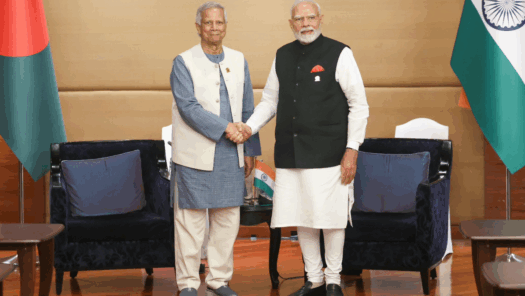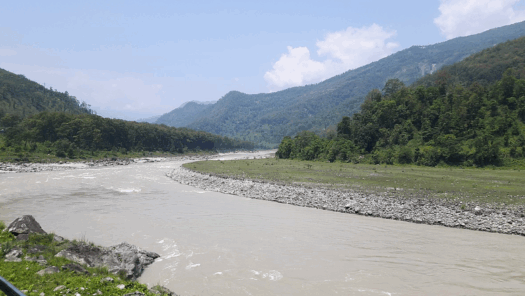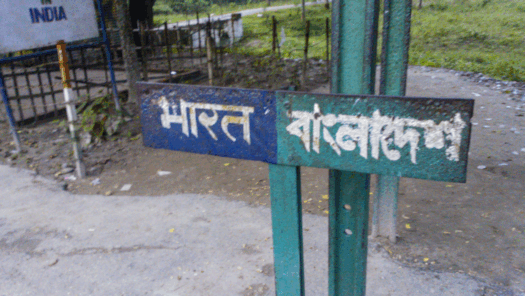India-Bangladesh Relations
Return to article
भारत 2025 में: रणनीतिक स्वायत्तता के आंकलन के मझधार में पुनर्संतुलन की चाहत
2025 में भारतीय विदेश नीति को एक जटिल बाह्य वातावरण से गुज़रना पड़ा है| इस दौरान भारत को कुछ कठिन चुनौतियों का सामना करना पड़ा है - विशेष रूप से, 2047 तक विकसित भारत की परिकल्पना की दिशा में आर्थिक…

Bangladesh in 2025: The Political Game Over Elections and the Battle for Democratic Credibility
Editor’s Note: This article is part of South Asian Voices’ annual Year in Review series. Browse the full series page here. Marked by political upheaval and heightened public desire for accountability and transparency, the last few years have been eventful for Bangladesh.…

Navigating Politico-Security Hurdles to Regional Connectivity: Pathways for New Delhi
Soon after taking office in 2014, Indian Prime Minister Narendra Modi articulated two new visions for cross-border relations: the Neighborhood First and Act East policies. Both initiatives aimed at improving relations with the immediate neighborhood and building bridges of connectivity,…

SAV Q&A with Avinash Paliwal: Bangladesh, Myanmar, and India’s Neighborhood
Last year's political upheaval in Bangladesh and the ongoing conflict in Myanmar underscore significant challenges on India's eastern flank. To make sense of these dynamics, South Asian Voices spoke with Dr. Avinash Paliwal on October 29 about Indian foreign policy toward Bangladesh, Myanmar, and the wider neighborhood.

Water as a Multilateral Issue? The Case of Bangladesh and Implications for Indian Diplomacy
Even as India-Bangladesh ties have seen signs of economic and political stress in recent days and weeks, one recent development with bilateral implications went largely unnoticed. On June 20, Bangladesh became the first South Asian country to accede to the…

India and Bangladesh Should Insulate Their Border from Bilateral Tensions
A year since the unceremonious ouster of Bangladeshi Prime Minister Sheikh Hasina, a long-time ally of India, all is not well along the India-Bangladesh border. Stretching over 4,000 kilometers, it is India’s longest land border, and among the ten longest…